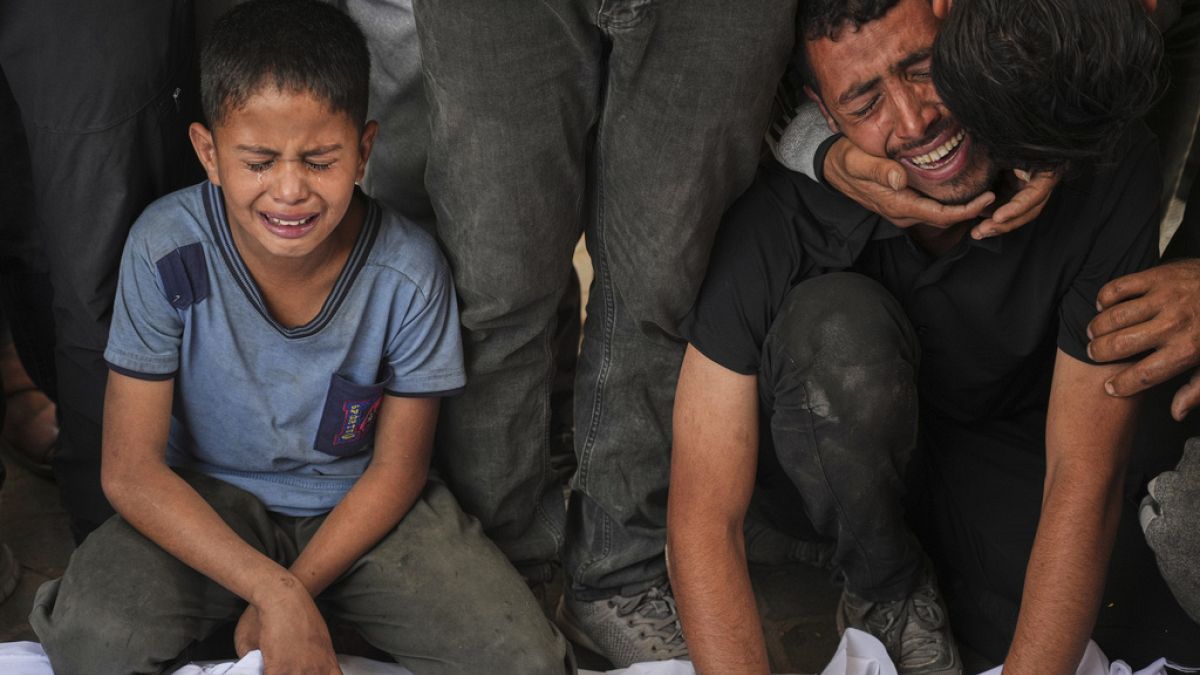

Recent developments in the Middle East and Ukraine have highlighted ongoing tensions and the pressing need for diplomatic efforts to restore peace. In Gaza, over 60 Palestinians have lost their lives due to Israeli airstrikes since last Friday, as confirmed by health officials. The situation remains dire, with recent strikes occurring near displacement shelters in Gaza City. Such violence persists despite renewed hope for a ceasefire in the region.
The strain in the Middle East is further exacerbated by recent events in Iran, where a state funeral was held for military leaders and nuclear scientists. These individuals lost their lives in the ongoing conflict with Israel, underscoring the human cost of this geopolitical tension. Hundreds of thousands gathered in Tehran to pay their respects to IRGC Chief General Hossein Salami and other top commanders, reflecting widespread national sentiment.
Meanwhile, the U.S. political landscape has seen its own turbulence as the Senate rejected a motion to constrain former President Trump’s military actions against Iran. This decision indicates broad Republican support for Trump’s unilateral strikes on Iranian nuclear sites, an action deemed necessary by many in the GOP due to the perceived immediate threat posed by Iran. This stance, however, has raised concerns about the potential for escalating conflict and the bypassing of congressional approval.
While these Middle Eastern tensions unfold, Europe is also witnessing conflict dynamics, with Russia having launched a wave of missile and drone attacks on Ukraine. The past day has witnessed 10 fatalities across several Ukrainian regions, in addition to at least 50 others injured. Ukrainian media reports these developments against a backdrop of broader regional instability, with impacts reaching both civilian and military spheres.
In the midst of these military conflicts, humanitarian concerns take center stage. A recent statement by the United Nations Chief, António Guterres, criticized U.S.-backed food distribution schemes in Gaza, claiming they exacerbate the humanitarian crisis. Médecins Sans Frontières articulated similar concerns, stating that these efforts, while intended as aid, paradoxically put Palestinians in harm’s way as they seek essential supplies, resulting in severe casualties.
Against this backdrop, Israeli Prime Minister Benjamin Netanyahu has posited that recent military successes offer a unique opportunity for peace talks. Though his assertion projects hope for expanding peace agreements, it comes amid complex political challenges at home, as recent security issues and political divisions remain critical hurdles.
As geopolitical developments continue to unfold, the urgent pursuit of peace remains an imperative shared by many across the globe. Concerted diplomatic efforts and humanitarian considerations are essential to alleviating the profound suffering exacerbated by these conflicts, fostering broader stability, and paving the way for long-term resolution.
Source: {link}
